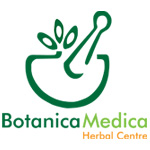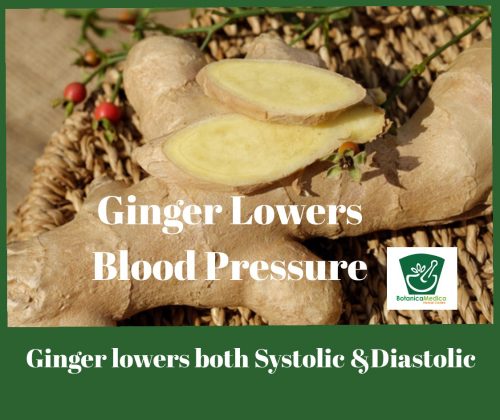The blood pressure lowering effects of ginger have been confirmed in a recent systematic review and meta-analysis published in the journal, Phytotherapy Research.
The review was comprised of six randomised trials with a total of 345 participants, and found that ginger supplementation can reduce systolic blood pressure (mean difference: -6.36 mmHg, 95% confidence interval [-11.27, -1.46]; heterogeneity – I2 =89.8%; P = 0.011) and diastolic blood pressure (mean difference: -2.12mmHg, 95% confidence interval [-3.92, -0.31]; I2 = 73.4%; P =0.002).
“Results of this research suggest a potential role of ginger as a blood pressure lowering agent in spite of considerable heterogeneity. When studies were categorised based on participants’ mean age, ginger dosage and duration of intervention, the systolic and diastolic blood pressures were significantly decreased in the subset of studies with a mean age 50 years or less with a follow-up duration of 8 weeks and ginger doses of 3 or more grams per day,” the authors explained.
Although the precise mechanism for the effect of ginger on blood pressure reduction is not clear, the study suggests several mechanisms such as the antihypertensive effect of ginger may be partly attributed to its anti-oxidative activities and that the phenolic compounds in the ginger have a cholinergic action which can cause a fall in blood pressure by activation of muscarinic acetylcholine receptors located on the epithelium of blood vessels.
“There is in increasing interest in the use of natural blood-pressure lowering compounds that may delay or circumvent drug therapy. Ginger with the scientific name Zingiber officiale is one of the most widely used spices and medicinal plants around the world, especially in Asian countries.
“Traditionally, this spice was administered to treat nervous diseases, gastrointestinal problems, cataract, rheumatism, diabetes and nausea caused by pregnancy and chemotherapy,” the authors reported.
According to the authors, their review of the effects of ginger on blood pressure is the first, however it has several limitations such as the high degree of heterogeneity and lack of disaggregated data for male and females, but could be overcome with further study.
“The present paper suggests the potential for improving systolic and diastolic blood pressures following ginger supplementation, particularly when used in high doses (more than 3g/day), short intervention periods (8 weeks or less) and in participants with a mean age of 50 or greater,” the authors concluded.
At Botanica Medica Herbal Centre we always seek to address the underlying cause of your health condition and you can be sure we will always treat you as an individual.
If you would like to make an appointment with one of our Naturopaths call Botanica Medica on 8271-1827 today. They are only to happy to share the knowledge they have gained through their studies and patient outcomes, and get you feeling better. Botanica Medica is located at 97 Glen Osmond Road, Eastwood and appointments are available Monday to Saturday including some after hours.
Source: Phytother Res. 2019 Apr 11. doi: 10.1002/ptr.6362.
07/05/19 Blackmores
Artwork created in Canva


Recent Comments